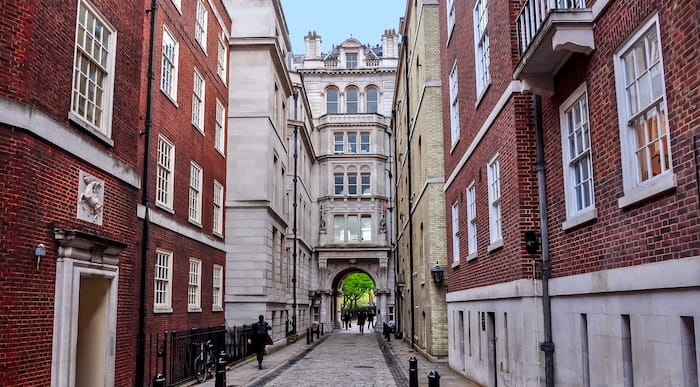Competition still fierce

A new report published by the Bar Council has revealed some useful insights about what boosted aspiring barristers’ chances of success at obtaining pupillage.
The report, which uses data from the Pupillage Gateway, put the chances of first-time applicants getting an offer at just one in ten. The stats show the likelihood of success increases each year of trying, peaking for those who apply for the fourth time to about one in six applicants, and demonstrating the value of perseverance in the pupillage game.
In the 2021-22 application cycle, there were a total of 2,782 candidates applying through the Gateway for just 463 training spots.
The Bar Council report found that academic qualifications remain the most significant indicator for application success. Candidates with a first-class degree were more than twice as likely to receive an offer as those who attained a 2:1.
But it appears that it doesn’t matter if your high grades are in law or theology, with the new report stating that there is “no evidence to suggest that applicants who did not study law at undergraduate level were at a disadvantage in attaining pupillage”.
Top marks on the Bar Course also made a big difference with one in four candidates who obtained ‘outstanding’ receiving an offer of pupillage. The odds drop to one in ten for those who have been awarded ‘very competent’.
Applicants with a scholarship from one of the Inns of Court (Lincoln’s Inn, Inner Temple, Middle Temple and Gray’s Inn) were three times more likely to receive an offer than those without.
Bar Council Chair Mark Fenhalls KC commented that the report provided “a valuable resource for aspiring barristers, as well as providing those established at the bar with an insight into the patterns and trends emerging at the gateway to our profession”.
You can read the full report here.


